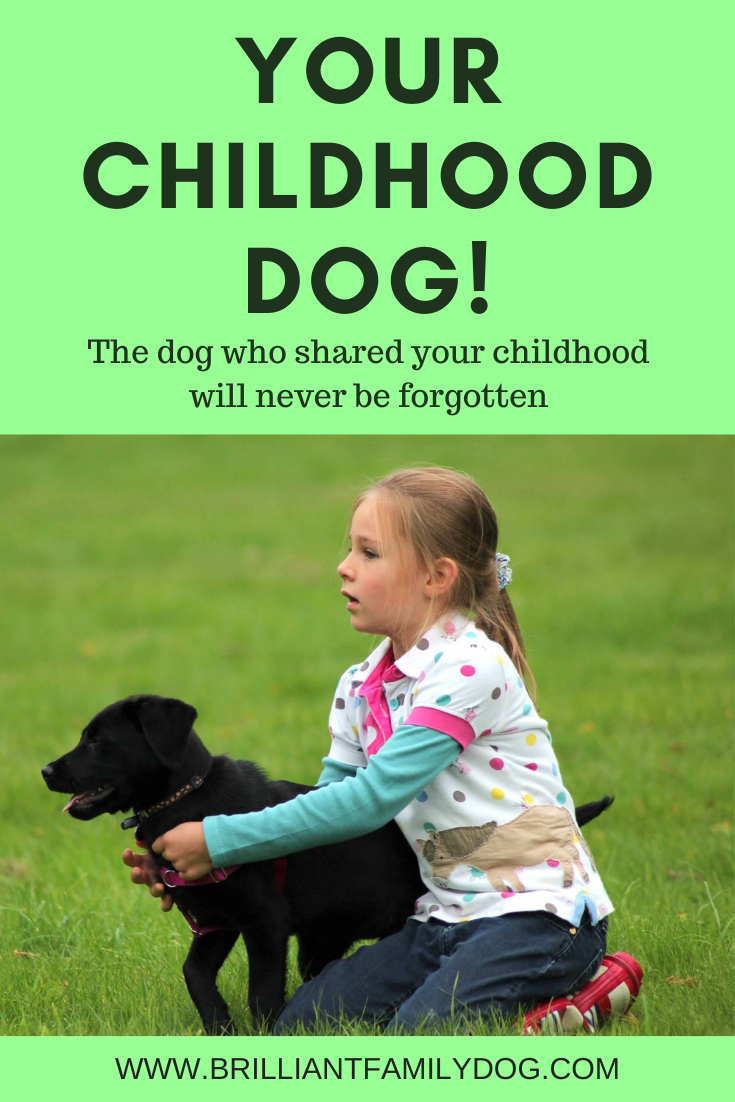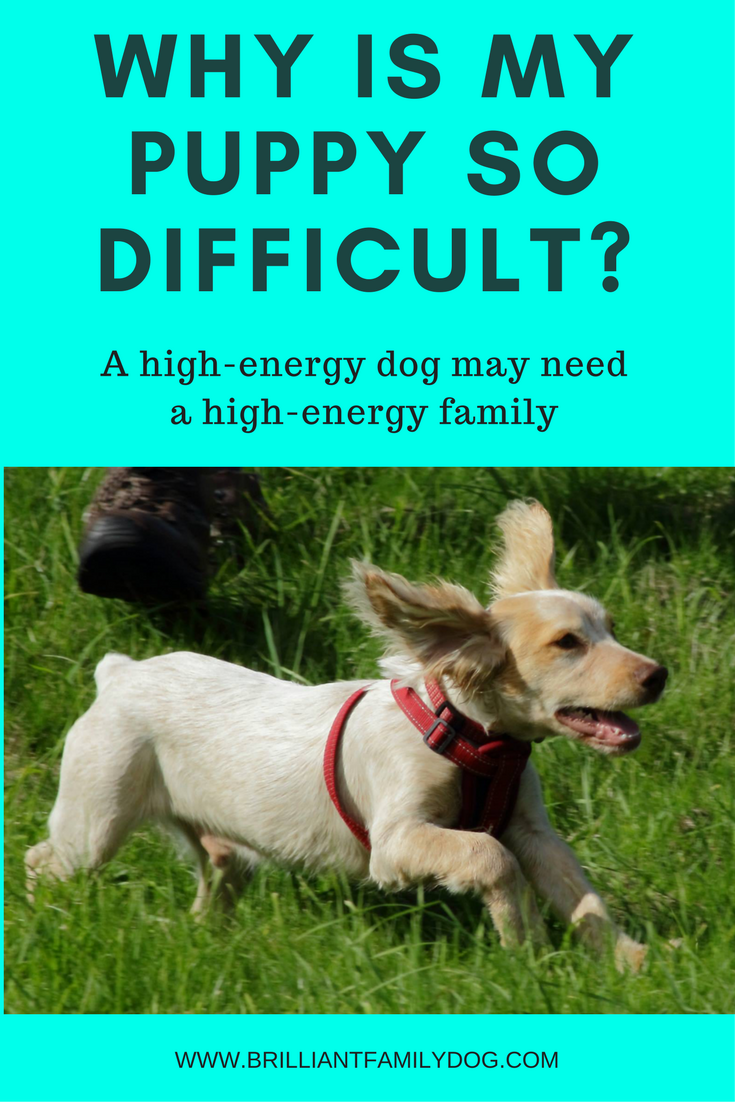My childhood dog was called Simon.
He was black and white and grey - a blue roan, in spaniel language - though much bigger than cocker spaniels tend to be nowadays, an old-fashioned version.
He was the same age as me, so we grew up together.
Harry Potter-like, he slept in the Singing Cupboard.
This was the same kitchen cupboard that housed the wireless, so he could enjoy “Music while you Work” and other such gems from post-war Britain while he dozed on his blankets. (No, he was never shut in the cupboard.)
In those days - especially in our suburban arcadia - it was normal for dogs to be loose. So our childhood adventures in the fields and on bikes were always accompanied by Simon.
Sometimes he wore sunglasses. Sometimes the poor dog had to wear shorts or a jumper. He took great pleasure in mucky pools and ditches, and he loved car rides.
He’d lie in front of the open fire and occasional coal explosions would result in a column of smoke rising from the sleeping dog’s thick coat. Very little bothered him.
Decades before dog agility was begun as a sport, I had jumps and hoops rigged up in the garden as a “showjumping course” for my dog.
So you can see where all this dog training came from!
Many people look back happily on their childhood, and the dog or dogs that pulled them through it.
It’s natural to want to re-create that for ourselves now, and especially for our family, so that our children can enjoy the same freedom and joy of having a devoted companion through the trials and tribulations of growing up.
But there are some things you need to keep in mind.
🐾 There’ll never be another Simon.
There have been plenty of other charming canine individuals in my life - and I wouldn’t want to change a thing about them - but it’s not possible to re-create Simon. Each new dog brings his own personality to the party, and you have to work with what you have, not what you may wish you had.
🐾 Things have changed.
The happy-go-lucky life we enjoyed as children does not happen so much now. Dogs tend to be banned and barred from so many places that they don’t have the same social skills Simon had.
🐾 Breeds have changed.
What was once a suitable family pet is not necessarily now the case. You will have to dig deep here to find out what you need to know before inviting a particular breed into your home.
🐾 Memories are selective.
And as a child there’s an awful lot that I never knew or understood. My mother may have had a different view of having Simon - coloured by all the extra housework and possibly expense he may have caused. I never had to clean sick off the carpet - maybe it never happened. Maybe it happened a lot. I have no memory of that.
🐾 On the plus side,
advances in understanding of dog behaviour and training have been so enormous over the past couple of decades, that all the help you need to rear the Brilliant Family Dog you want is available to you.
You just need to know where to look. Hint: keep reading!
By all means cherish the memories of your beloved childhood dog, and try and find his essence in a present-day equivalent.
That warm fuzzy glow of endless summer that I remember is far from being the whole picture!







